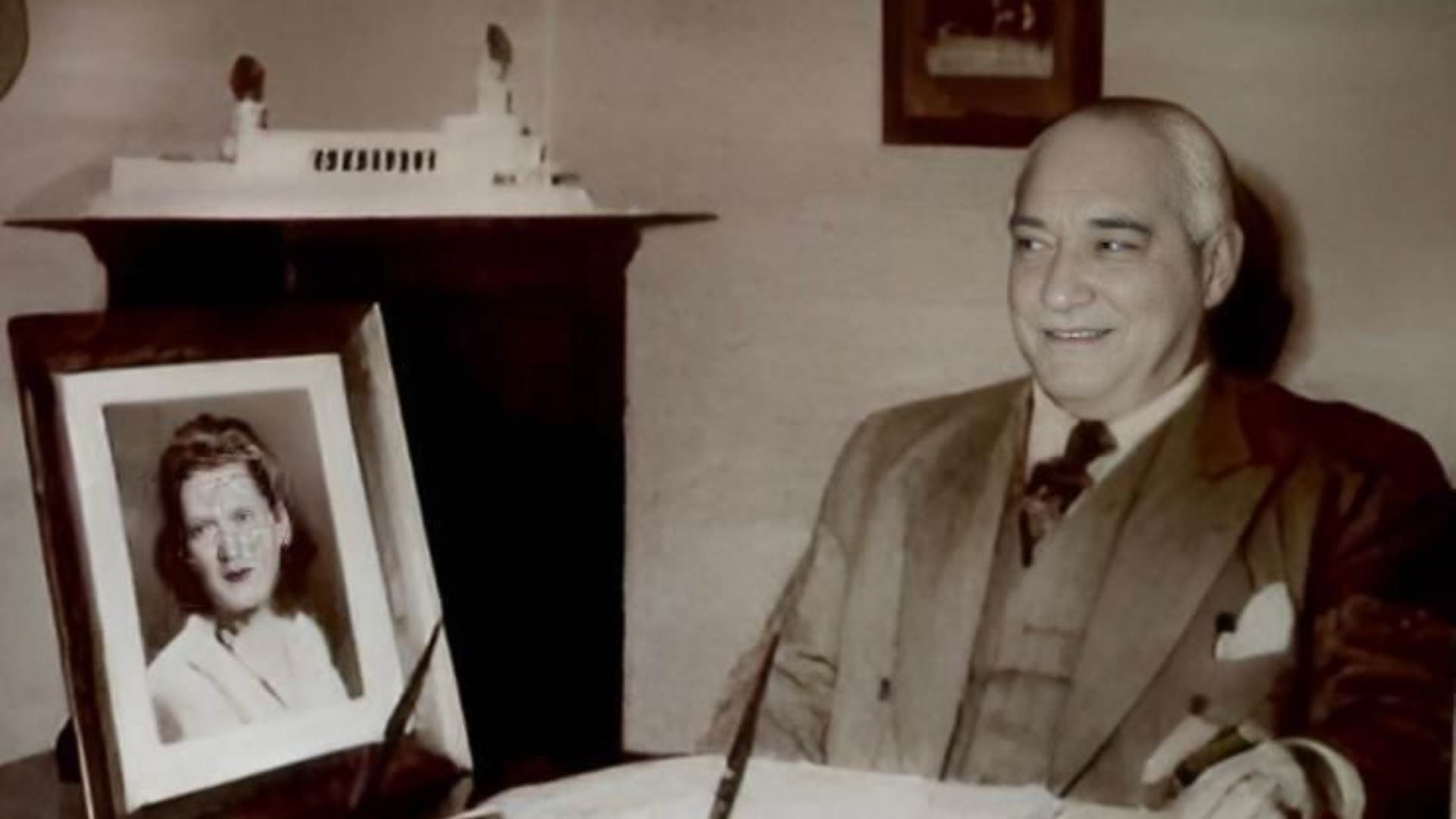Ahmed Abboud Pasha is one of the pillars of Egypt's economy
First Bank

Ahmed Abboud Pasha is a prominent Egyptian economist and veteran businessman, who shone his name during the 1920s and 1930s as a self-made economist.
He was born in Cairo in 1889, and after completing his studies at Farouk I School, he travelled to Scotland where he studied engineering at the University of Glasgow.
Ahmed started working in the engineering sector immediately after graduation and proved his efficiency. He succeeded in all the work entrusted to him, most notably his effective task in establishing the Iraqi, Syrian and Palestinian railways; Following the end of the First World War, the Ottoman Empire awarded him Beyship rank of the first class.
In addition, Abboud Pasha focused his work in Egypt by purchasing the majority of the shares of El-Khedawy Steamship Company that was owned by the English at that time. It was one of the most important navigation companies in Egypt, in which Egyptians began learning how to create ships. He has succeeded in establishing a fleet of vessels to transport from Egypt to the United States of America and opened the first line of navigation in the history of the Egyptian Navy with two of the most luxurious and largest ships, Khedive Ismail and Mohamed Ali, By virtue of which King Fouad was awarded the rank of Pasha in 1930.
Thanks to his tireless efforts and hard work, Abboud Pasha became the only Egyptian appointed to the Board of Directors of the Suez Canal.
Ahmed Abboud Pasha's unbridled ambition continued, with his journey not only to make ships, but also to establish Egypt's largest sugar and chemical industries in Armant, establishing the largest sugar factory in the Arab world and the Middle East, establishing his palace known to the people of Armant as Sarai Abboud, and building the largest mosque in Armant.
He also acquired the majority of the shares of the Egyptian hotel company, the shares of fertilizer companies in Attaka, established the Pharaonic postal lines company, which is the first private sector postal company, and also excelled in the trade of cotton, exporting cotton to all the country.
Meanwhile, He possessed a strong authority as he, with the participation of Farghly Basha, alias the King of Cotton; forced Talaat Harb, The founder of Banque Misr, to resign from the presidency of the Bank for their disagreement with him in 1939, where they withdrew their deposits daily from the Bank, at a rate of half a million pounds per day for six days. Thus, Talaat Harb Pasha resigned from the bank's presidency for fear of bankruptcy, and in 1950 Ahmed Abboud Pasha became a member of the Board of Directors of Banque Misr since he is the bank's largest shareholder.
Abboud Pasha did not neglect public work. He was nominated to be the President of Al Ahly Club for several rounds, from 1946 to 1961, the golden period of Al Ahly Club, where Al Ahly won the General League nine times. He also established the swimming pool at his own expense and ensured that all sports teams' rewards were paid from his own money, without any subsidies from the State.
In addition, Ahmed built Cairo's most famous building on Sharif Street, a 13-storey Immobilia building in 1939.
He was sacked a year after Gamal Abdel Nasser visit to Al Ahly club in 1961 because of the socialist July laws issued in 1961.
He left our world in 1963 in Britain, leaving behind long accomplishments, and a good biography still extends until several decades after his death.








